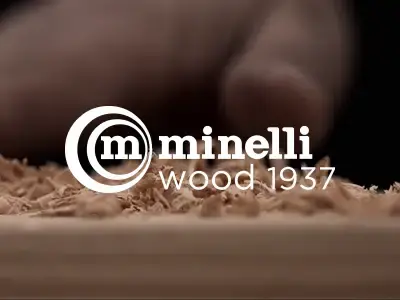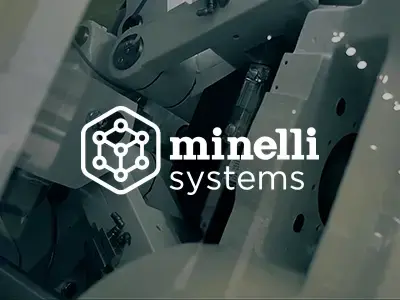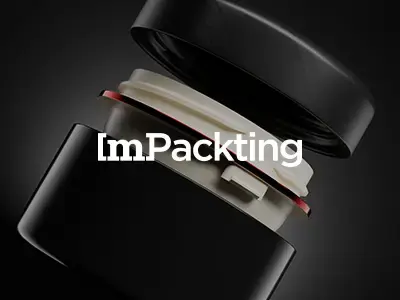 The shift towards eco-friendly lifestyles has driven substantial changes in how prople produce and consume everyday items, including dish brushes. Wooden dish brushes, specifically, have gained popularity as a sustainable alternative to plastic brushes, aligning with a growing consciousness around environmental responsibility.
The shift towards eco-friendly lifestyles has driven substantial changes in how prople produce and consume everyday items, including dish brushes. Wooden dish brushes, specifically, have gained popularity as a sustainable alternative to plastic brushes, aligning with a growing consciousness around environmental responsibility.
In the following article, we explore the importance of sustainability in wooden dish brush manufacturing. Discover more!
The environmental impact of a non-wooden dish brush and microplastics
Plastic dish brushes dominate many households, often due to their convenience and low cost. However, their environmental impact is significant.
Plastic is non-biodegradable, contributing to the global plastic waste crisis. A typical plastic dish brush may last a few months in the kitchen, but its decomposition time in a landfill extends over hundreds of years. This prolonged decomposition period is linked to the release of microplastics — tiny particles less than 5 millimeters in size that break down from larger plastic items over time.
When discarded, plastic dish brushes contribute to the microplastic pollution problem. These tiny plastic particles make their way into the environment, polluting soil, waterways, and oceans.
Microplastics are ingested by aquatic life and, eventually, by humans through the food chain, posing health risks due to their potential to carry toxins and disrupt biological functions.
Transitioning to wooden dish brushes is one way to combat this issue by eliminating a common source of microplastics in households.
Why wooden dish brushes?
Wooden dish brushes offer a sustainable alternative due to their use of natural materials, biodegradability, and reduced reliance on fossil fuels. These brushes typically feature wooden handles and natural fibers for bristles, which break down safely and quickly in the environment compared to plastic counterparts. Choosing wood not only minimizes the creation of microplastics but also aligns with sustainable forestry practices, assuming responsible sourcing. These eco-friendly brushes meet the needs of conscious consumers while lessening the environmental burden associated with plastic-based dishwashing tools.
.jpg?width=500&height=333&name=14-_DSC5760%20(1).jpg)
Sustainable material sourcing
The sustainability of a wooden dish brush begins with material sourcing. Many sustainable wooden dish brush manufacturers seek wood from Forest Stewardship Council (FSC)-certified sources, which ensures the wood is harvested responsibly, preserving ecosystems and respecting indigenous communities.
FSC certification signals that the wood used for brush handles is legally and sustainably sourced, adding a layer of accountability to the production process.
Energy-efficient production processes
The production processes for wooden dish brushes can also significantly impact sustainability. Eco-friendly manufacturing prioritizes energy efficiency, reduced chemical use, and minimized waste:
- Low-impact manufacturing: sustainable brands often employ low-energy machinery or handcrafting techniques, which lower energy consumption and carbon footprints. Using renewable energy sources, such as solar or wind power, further reduces emissions associated with manufacturing and mitigates climate impact.
- Waste minimization and circular practices: by repurposing wood scraps and recycling materials, sustainable manufacturers reduce waste and avoid the need for microplastic-producing synthetics. For example, sawdust from wood cutting can be repurposed as biofuel, reducing waste and energy costs.
- Local production: producing brushes near the source of raw materials reduces transportation emissions and strengthens local economies. A shorter supply chain ensures stricter oversight, which encourages adherence to eco-friendly practices and reduces reliance on fossil fuel-derived plastics.
Durability and longevity
Sustainability is not just about raw materials but also the product’s lifespan. The longer a product lasts, the fewer replacements are needed, which reduces both consumption and waste. Wooden dish brushes are typically crafted with high-quality, durable materials, increasing their lifespan. With proper care, these brushes often outlast their plastic counterparts, reducing the volume of discarded products and helping to curb the release of microplastics.

Economic and social benefits of sustainable wooden dish brushes
The impact of sustainability goes beyond environmental benefits; it also includes economic and social factors. By focusing on sustainable brush production, companies contribute to local economies and help reduce microplastic pollution.
- Supporting ethical labor practices: ethical production practices ensure fair wages and safe working conditions. Many companies committed to sustainability also prioritize ethical labor practices in their supply chains, supporting workers and reducing reliance on synthetic materials that often come with hidden social costs.
- Job creation: producing brushes in regions where materials are abundant provides valuable employment opportunities. When companies source and manufacture locally, they support the well-being of communities and help reduce transportation emissions, which indirectly lowers plastic pollution and helps limit microplastics.
Educating consumers and promoting conscious consumption
The demand for sustainable products drives broader changes in consumer behavior and awareness, especially around reducing microplastic pollution. Wooden dish brush manufacturers have an opportunity to educate consumers on the benefits of sustainable materials, production processes, and responsible disposal practices. This fosters a culture of conscious consumption where consumers can make informed choices that reduce plastic and microplastic pollution.
By emphasizing durability, sustainable manufacturers encourage consumers to buy less frequently and select products that last longer. This reduces the number of items produced, transported, and discarded — and ultimately the microplastics that come from synthetic products.
Moreover, transparent brands that share information about their materials and processes foster greater consumer awareness. As people become more informed, they’re more likely to choose sustainable products that do not contribute to the microplastic crisis.
The key to creating high-quality, eco-friendly wooden dish brushes lies in partnering with a skilled wood manufacturer equipped with the right tools and machinery. Such a partner will produce brushes with minimal environmental impact, ensuring the entire manufacturing process is sustainable and kind to nature.
If you’re searching for a sustainable manufacturer for wooden dish brushes, the Minelli Group is the right choice. Contact us today to learn more!







